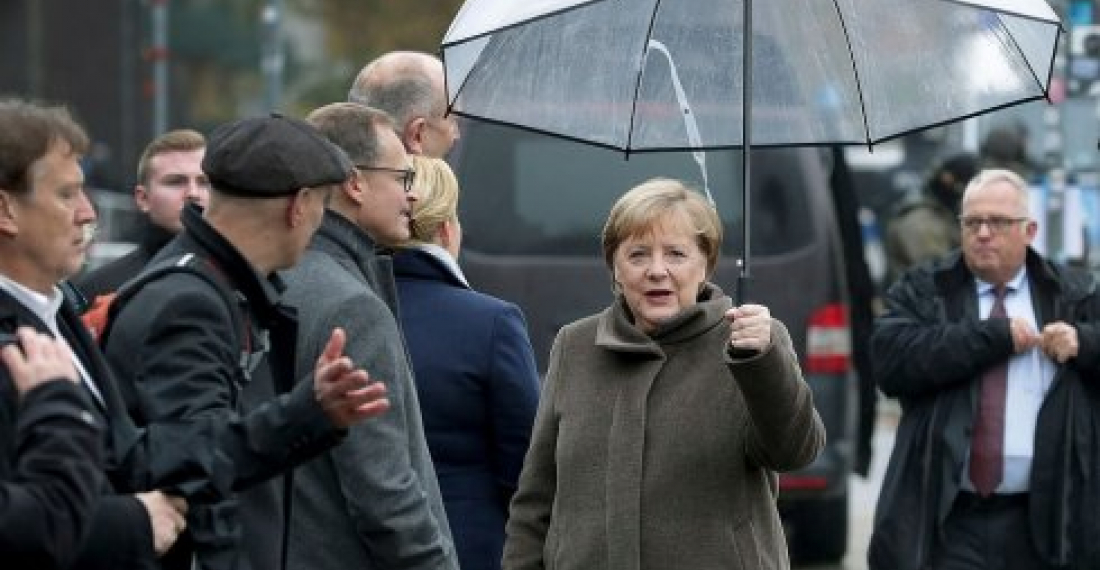German Chancellor Angela Merkel was among the prominent personalities who on Saturday (9 November) attended a ceremony to mark the 30th anniversary of the fall of the Berlin Wall. At the ceremony, Merkel warned against taking democracy for granted,
"No wall that keeps people out and restricts freedom is so high... that it cannot be broken down," she added.
The wall had separated Soviet-controlled East Berlin and capitalist West Berlin during the Cold War. Its fall in 1989 was seen as a victory for liberal democracy, and led to Germany's reunification a year later. However in her speech Chancellor Merkel also warned that "the values on which Europe is founded - freedom, democracy, equality, rule of law, human rights - they are anything but self-evident and they have to be revitalised and defended time and time again".
"We stand stripped of any excuses and are required to do our part of freedom and democracy," she added in a speech during the ceremony at the Berlin Wall memorial.
source: commonspace.eu with agencies
photo: German Chancellor Angela Merkel arrives for a ceremony marking the 30th anniversary of the fall of the Berlin Wall on Saturday 9 November







